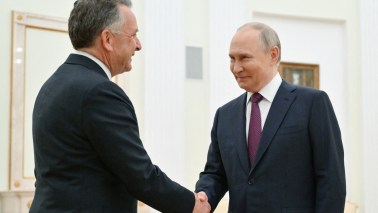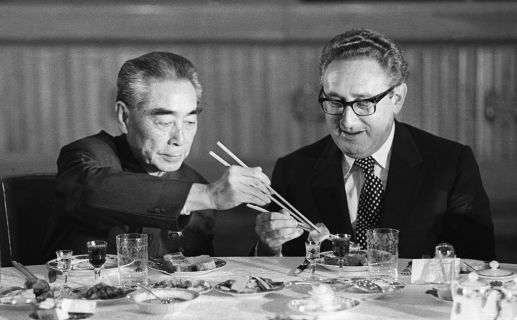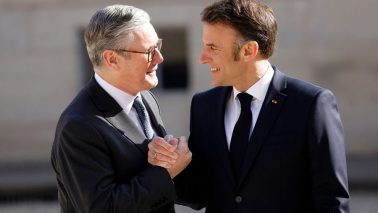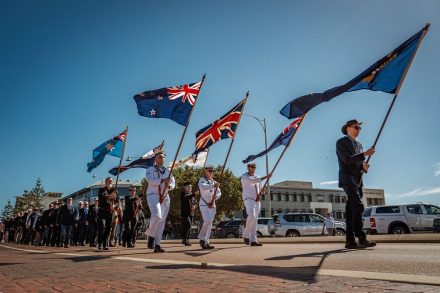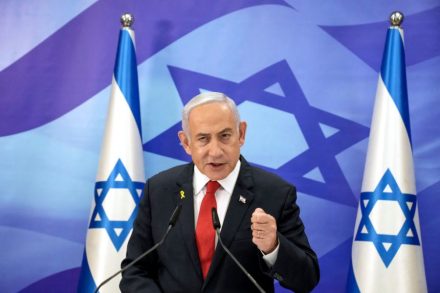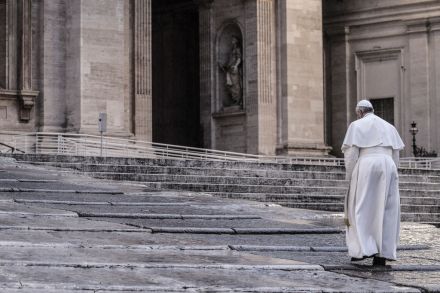Milei freed the peso. Argentina’s economy survived
It was Argentina’s ‘liberation day’, Javier Milei proclaimed last week after meeting US Treasury Secretary Scott Bessent in the Pink House, Argentina’s presidential palace. On Friday, he had shocked the country by lifting the cepo – ‘clamp’ in Spanish – which has restricted currency trades in South America’s second-largest economy for so long. ‘After 15 years of capital controls, we have cast off the anvil to which we were chained,’ Milei said. Lifting the cepo was a key part of Milei’s policy agenda. Nevertheless, few expected him to do anything before mid-term elections in October. But doing so was a key requirement of the disbursement of $20bn from the International Monetary Fund, also announced on




